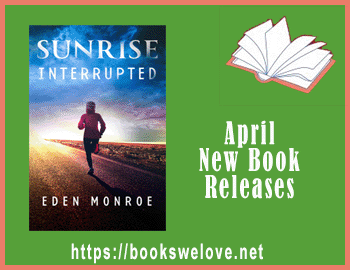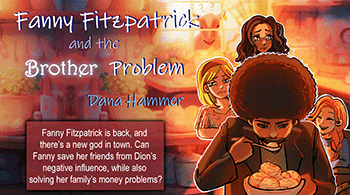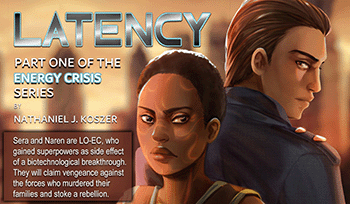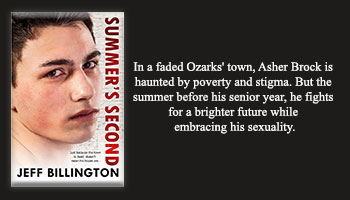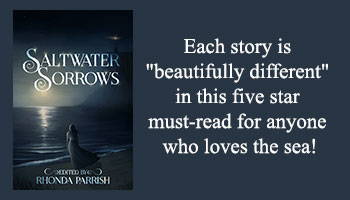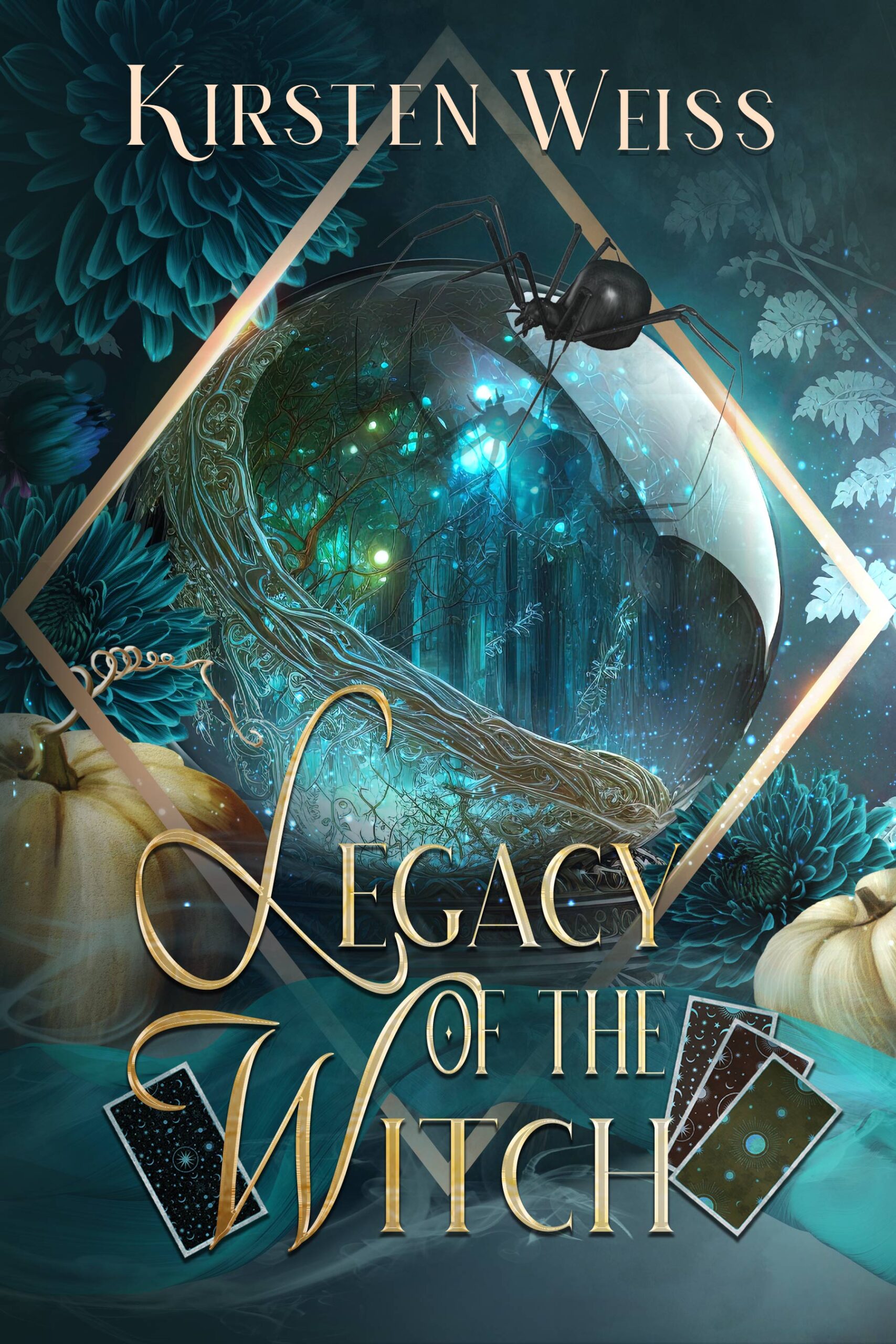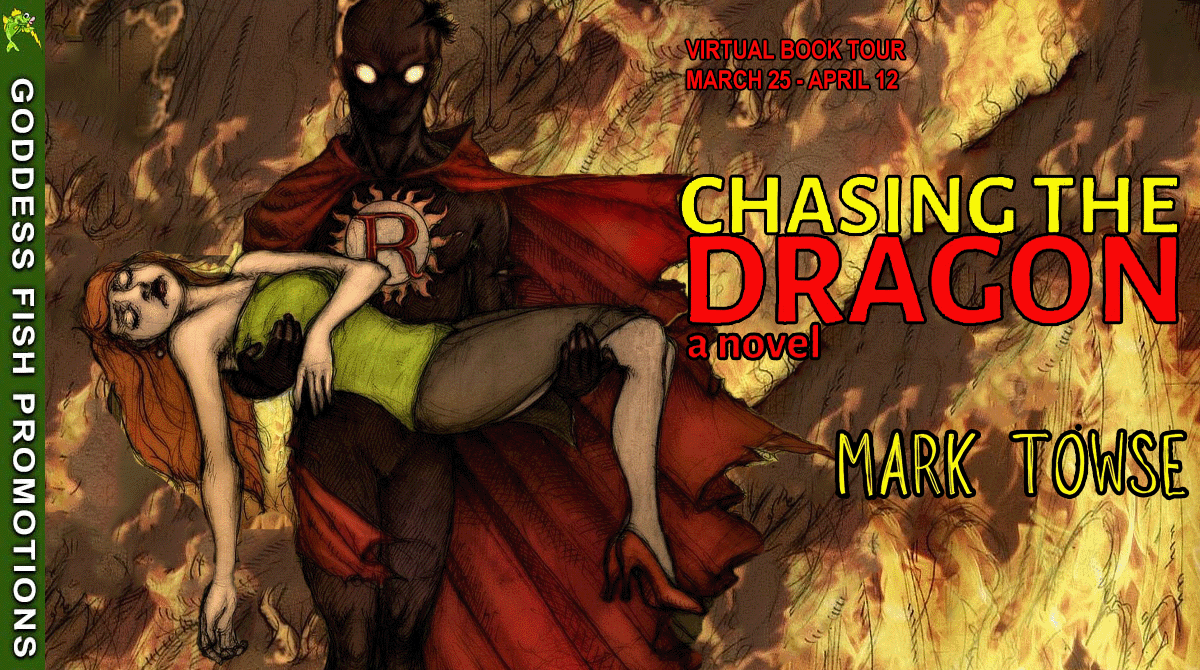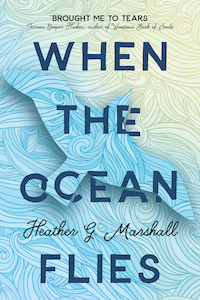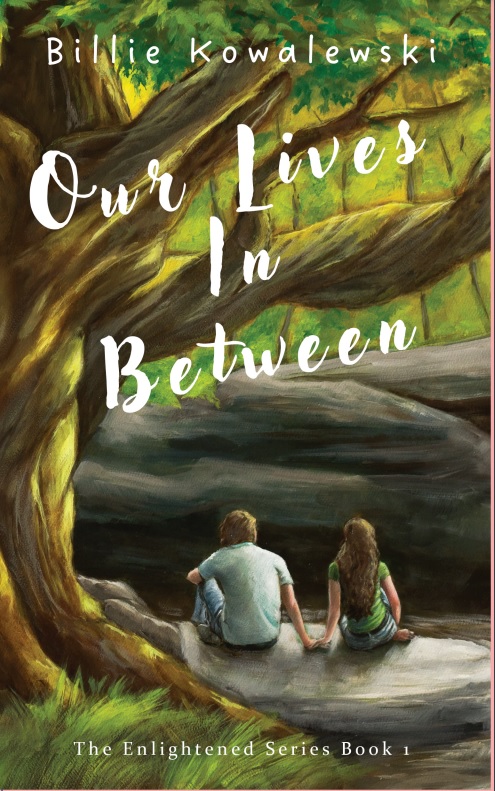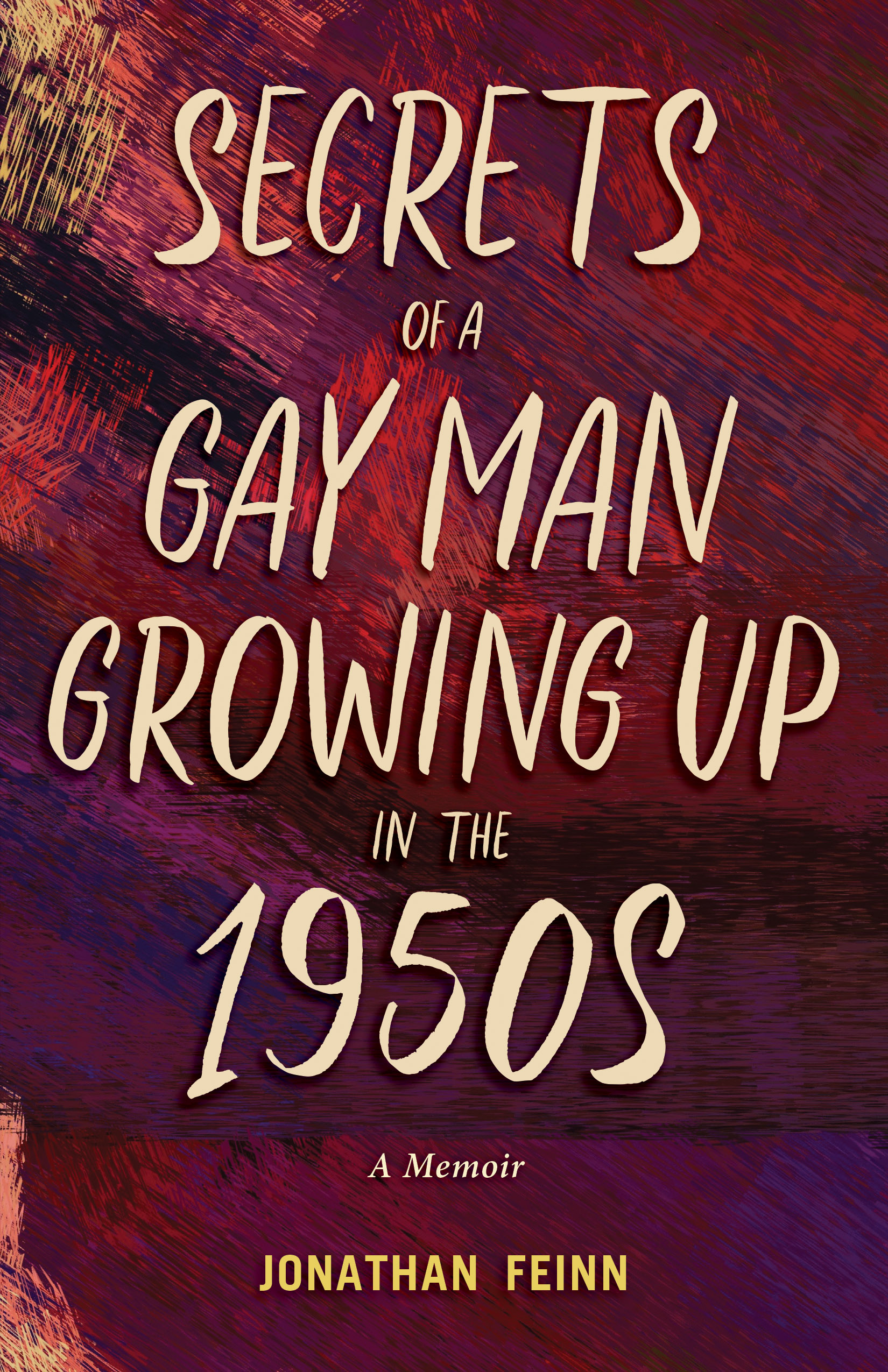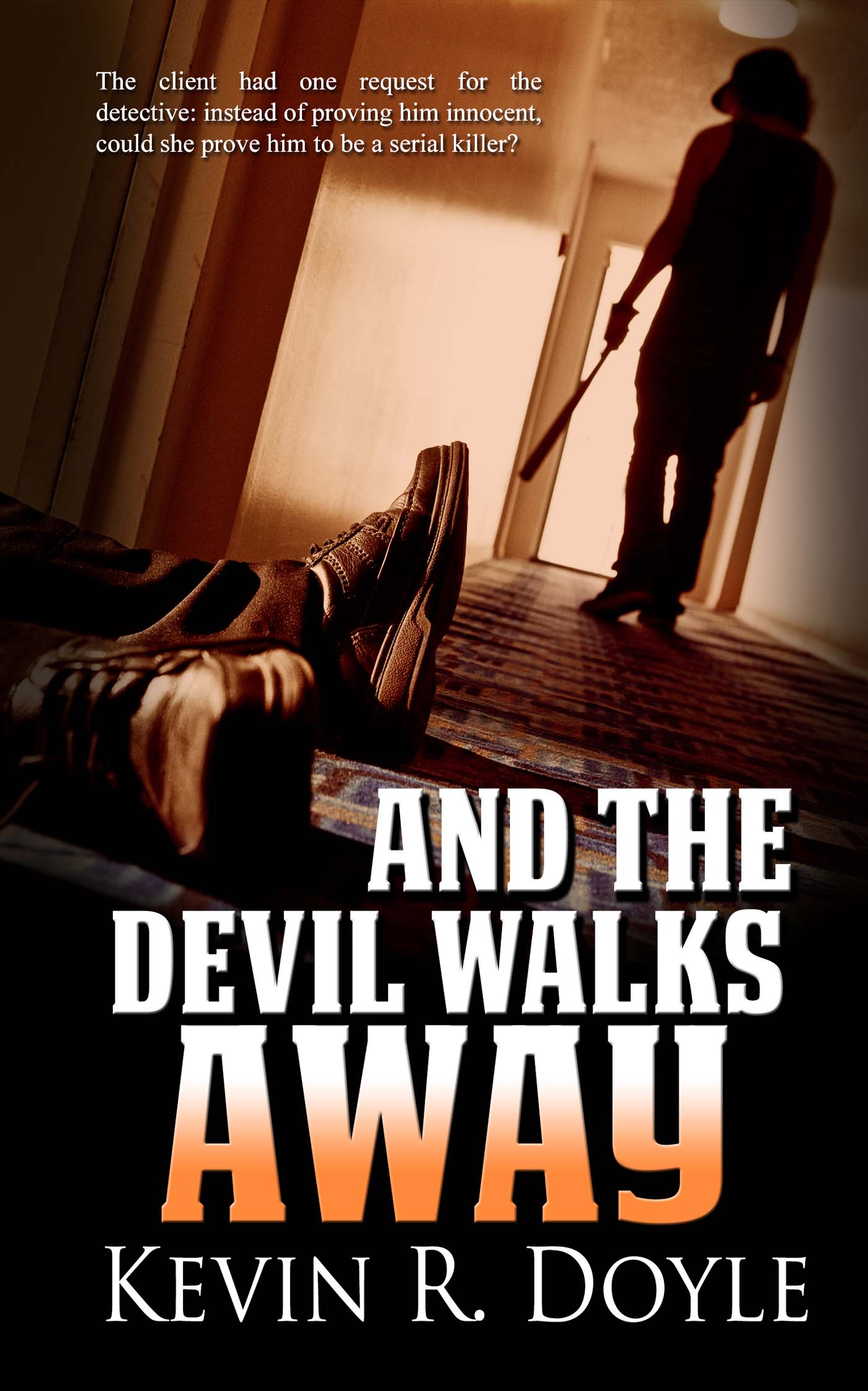This post is part of a virtual book tour organized by Goddess Fish Promotions. Paul Swingle will be awarding a $15 Amazon or B/N GC to a randomly drawn winner via rafflecopter during the tour. Click on the tour banner to see the other stops on the tour.
On the night of a blue moon, while walking his dog, middle-aged widower Jim sees Gladys on the roof of a neighboring apartment building and is inspired to speak with her. There’s just one problem: she can’t hear him.
Indeed, Jim isn’t even sure that Gladys truly exists—that she isn’t just a rooftop patio umbrella silhouetted against the moon. Hampered by debilitating social anxiety, he cannot work up the courage to even wave.
Yet Jim returns to the same spot night after night, and Gladys—who is indeed real—sees him and becomes equally interested. She even contributes to their “conversation,” though he cannot hear her either. And while Gladys struggles with her own demons—self-loathing and depression—she is lifted by Jim’s attention, even as she describes how difficult her life has been.
Two characters, driven by sadness and a longing to connect. Will they?
Enjoy an Excerpt
Tonight, I saw a rooftop patio umbrella move. Or was it a woman? It’s May 31, the night of the blue moon. I was taking my dog Gus for his nightly walk. On the rooftop of a building across the street from my apartment, against the light of the huge moon, I saw the silhouette of a patio umbrella. I’d been seeing that umbrella on that roof for weeks—months, maybe. Every time I walked the dog or snuck a puff on my cigar, it was there. Immobile and static. Always in the same place, always visible against either the daytime sky or the city-lit night. I had thought nothing of it, other than wondering if anyone ever used that patio. But tonight, I saw the umbrella silhouette move. “Son of a bitch,” I said. “What the hell is that? Was it the wind?” Startled, I tried to shake off an eerie feeling. Had the umbrella really moved? I don’t care for rooftop patios myself. I’ve been to 4 a few. You have to drag yourself up the stairs, hoping no one else is there when you arrive, so you can have a bit of solace. I always forget something downstairs.
About the Author:
Dr. Paul G. Swingle can be considered one of the founding fathers of Clinical Psychoneurophysiology, one of a select few, directly responsible for bringing Neurotherapy out of university labs and clinics to the general populace in the 1980’s.
His academic positions include, Professor of Psychology at the University of Ottawa from 1972 to 1997, Lecturer in Psychiatry at Harvard Medical School from 1991 to 1998, Associate Attending Psychologist at McLean Hospital (Boston), Head of the Clinical Psychophysiology Service McLean Hospital (Boston). Professor Swingle was also Clinical Supervisor at the University of Ottawa from 1987 to 1997 and Chairman of the Faculty of Child Psychology from 1972 to 1977. Dr. Swingle is a Registered Psychologist in British Columbia and is Board Certified in Biofeedback and Neurotherapy. He is actively involved in research and practice. His numerous publications include nine books and numerous peer reviewed journal publications.
Buy the book at Amazon.
Amazon Author Page:



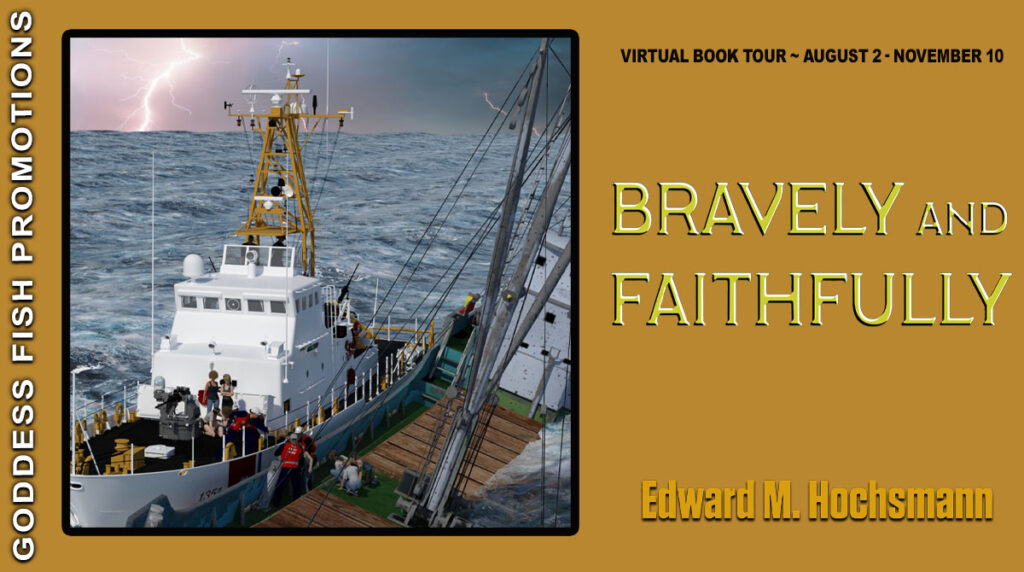
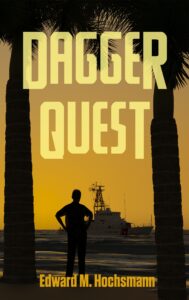 An aging Coast Guard patrol boat is all that stands between the world and nuclear annihilation!
An aging Coast Guard patrol boat is all that stands between the world and nuclear annihilation! Mission: Five days to destroy the enemy in the Caribbean before a catastrophic weapon is unleashed—but all he can think about is the woman he left behind…
Mission: Five days to destroy the enemy in the Caribbean before a catastrophic weapon is unleashed—but all he can think about is the woman he left behind…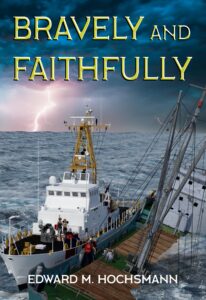 Young Coast Guard Lieutenant Haley Reardon has not even gotten her feet on the ground on her new patrol boat command when she finds herself and her crew supporting a dangerous covert mission. They must insert and retrieve a Defense Intelligence Agency operations team trying to seize a transnational criminal syndicate boss from a small Caribbean island controlled by a front company of the Chinese government and protected by a superior military force.
Young Coast Guard Lieutenant Haley Reardon has not even gotten her feet on the ground on her new patrol boat command when she finds herself and her crew supporting a dangerous covert mission. They must insert and retrieve a Defense Intelligence Agency operations team trying to seize a transnational criminal syndicate boss from a small Caribbean island controlled by a front company of the Chinese government and protected by a superior military force. Edward Hochsmann is the pen name of a retired U. S. Coast Guard search and rescue and law enforcement professional. The veteran mariner, aviator, college professor, and defense analyst has added “author” to his list of experiences. Ed likes reading, police procedurals, contemporary music on the road, and classical music in the office. After a career traveling from Australia in the west to Italy and Germany in the east, Ed has settled into a quiet life in the Florida Panhandle to focus on writing (and not shoveling snow!)
Edward Hochsmann is the pen name of a retired U. S. Coast Guard search and rescue and law enforcement professional. The veteran mariner, aviator, college professor, and defense analyst has added “author” to his list of experiences. Ed likes reading, police procedurals, contemporary music on the road, and classical music in the office. After a career traveling from Australia in the west to Italy and Germany in the east, Ed has settled into a quiet life in the Florida Panhandle to focus on writing (and not shoveling snow!) 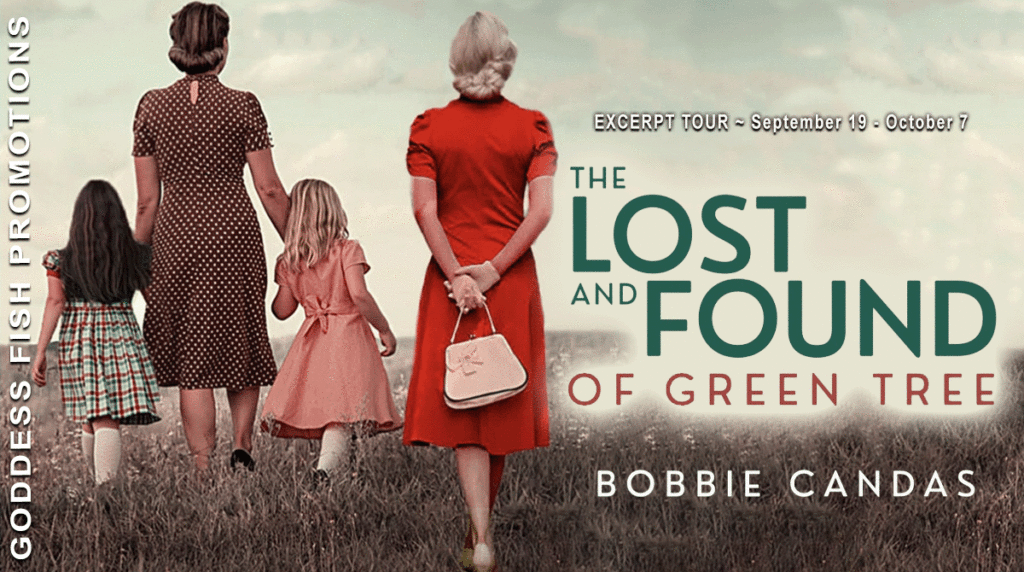
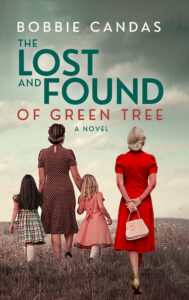 Both heart-warming and gut-wrenching, the merging stories of Mariah and Nanette reveal their grit and determination as they attempt to carve out a better life for themselves during one the twentieth century’s most arduous decades.
Both heart-warming and gut-wrenching, the merging stories of Mariah and Nanette reveal their grit and determination as they attempt to carve out a better life for themselves during one the twentieth century’s most arduous decades. I’m a Texas girl: grew up in San Antonio, went to school at UT in Austin where I earned my degree in journalism, and settled in Dallas where I raised a husband, two kids and a few cats. My husband, Mehmet, and the cats will probably disagree on who raised who, but I’m a sucker for a robust discussion.
I’m a Texas girl: grew up in San Antonio, went to school at UT in Austin where I earned my degree in journalism, and settled in Dallas where I raised a husband, two kids and a few cats. My husband, Mehmet, and the cats will probably disagree on who raised who, but I’m a sucker for a robust discussion. 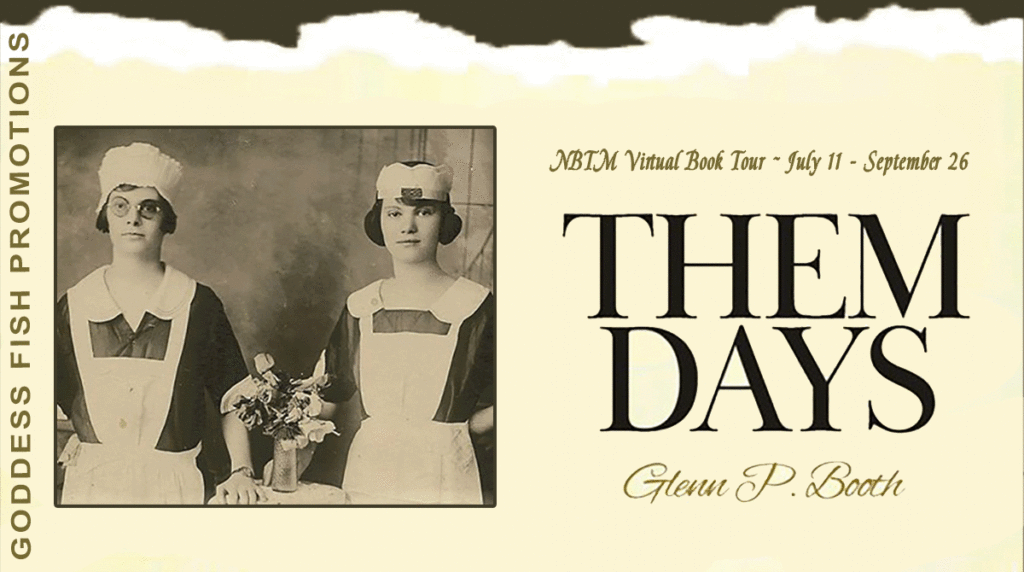
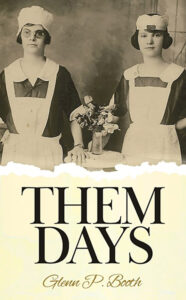 “This heartfelt story grabs the reader from the very start and doesn’t let go. Fans of historical fiction are in for a treat.” – The Prairies Book Review
“This heartfelt story grabs the reader from the very start and doesn’t let go. Fans of historical fiction are in for a treat.” – The Prairies Book Review Glenn was born and raised in Winnipeg, where he lived with his Ukrainian grandmother, Helen Lesko, after he and his brother were orphaned just before his fourteenth birthday. He grew up listening to Helen’s stories about ‘Them Days’ growing up on the homestead near Gimli, and life in Winnipeg in the late 1910s and 1920s.
Glenn was born and raised in Winnipeg, where he lived with his Ukrainian grandmother, Helen Lesko, after he and his brother were orphaned just before his fourteenth birthday. He grew up listening to Helen’s stories about ‘Them Days’ growing up on the homestead near Gimli, and life in Winnipeg in the late 1910s and 1920s.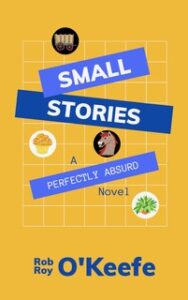 A little tale of trial and error. Okay, mostly error.
A little tale of trial and error. Okay, mostly error. Rob Roy O’Keefe was raised in the Antarctic by a colony of emperor penguins, which explains both his love of fish and his intense anxiety when in the company of sea lions. At the age of 12 he left to go on walkabout, but upon learning that Australia was over 3,000 miles away, he took the more expedient route from Cape Melville, Antarctica to South America’s Cape Horn.
Rob Roy O’Keefe was raised in the Antarctic by a colony of emperor penguins, which explains both his love of fish and his intense anxiety when in the company of sea lions. At the age of 12 he left to go on walkabout, but upon learning that Australia was over 3,000 miles away, he took the more expedient route from Cape Melville, Antarctica to South America’s Cape Horn.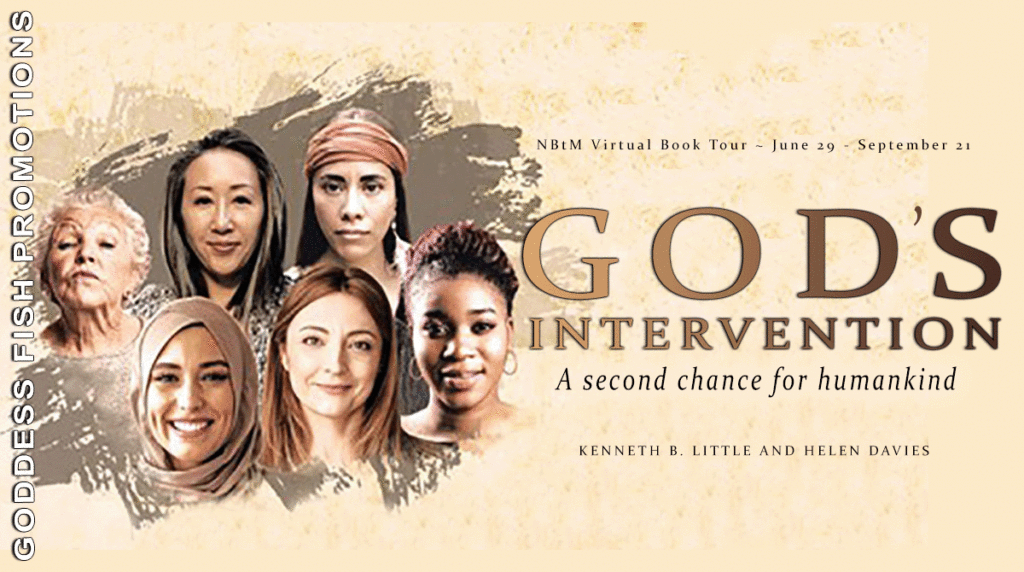
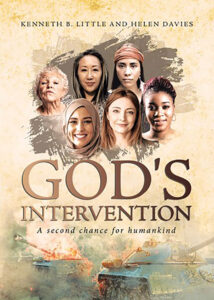 Humans are on the brink of disaster…
Humans are on the brink of disaster… Kenneth B. Little is a 72-year-old retired business executive who is unhappy about how the state of the world has deteriorated during his lifetime.
Kenneth B. Little is a 72-year-old retired business executive who is unhappy about how the state of the world has deteriorated during his lifetime.

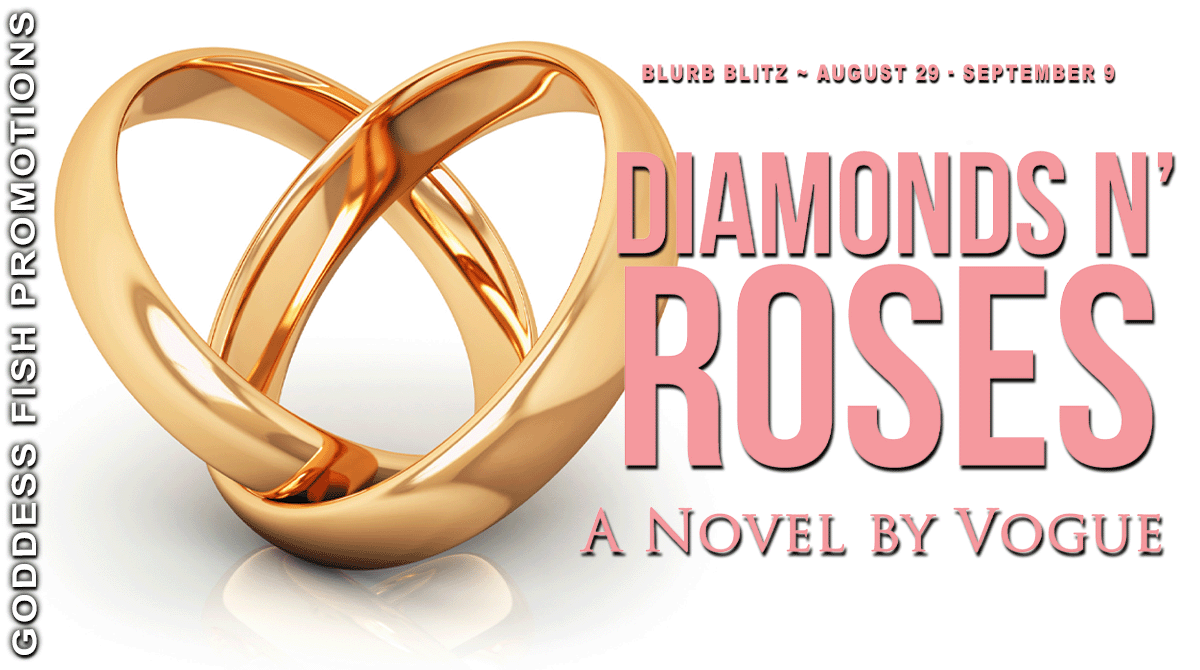
 After battling through the highs and lows of an intense and often dramatic relationship, fashion designer, Carmen Davenport, and business mogul, Jay Santiago, are finally ready to plan their most anticipated event to date – their wedding. However, before they can get down the aisle, they must endure a few unexpected surprises, twists, and turns.
After battling through the highs and lows of an intense and often dramatic relationship, fashion designer, Carmen Davenport, and business mogul, Jay Santiago, are finally ready to plan their most anticipated event to date – their wedding. However, before they can get down the aisle, they must endure a few unexpected surprises, twists, and turns. Born and raised in Greenville, South Carolina, Vogue’s journey through the world of creative writing first began in middle school with poetry and songwriting. However, it was her discovery of prose that opened the door to a world of endless possibilities.
Born and raised in Greenville, South Carolina, Vogue’s journey through the world of creative writing first began in middle school with poetry and songwriting. However, it was her discovery of prose that opened the door to a world of endless possibilities.

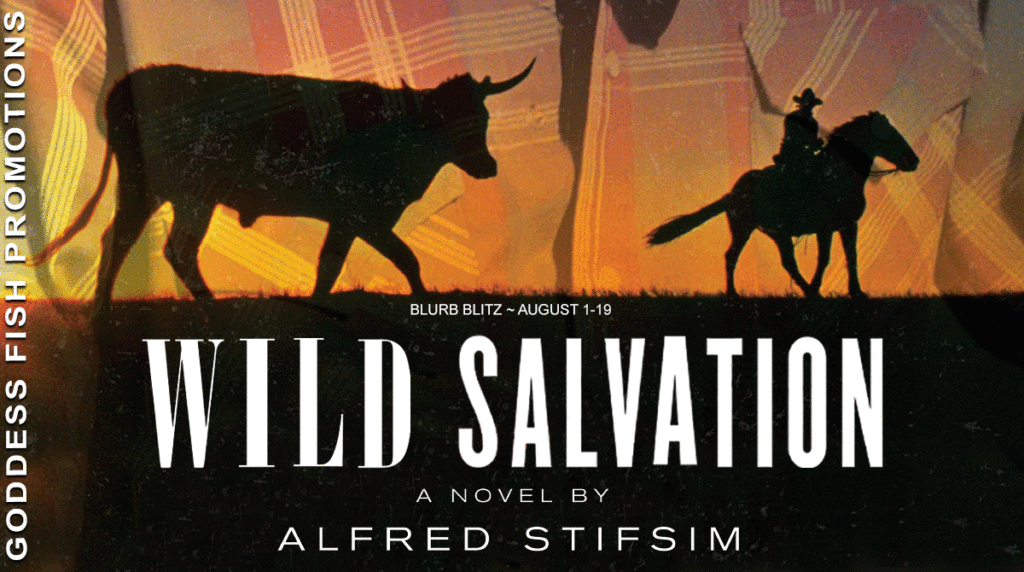
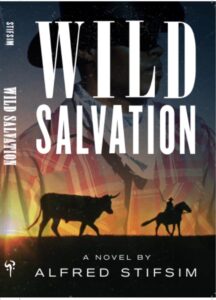 Johnson is accused of assaulting a white woman, a deadly charge for a black man in 1876. Knowing he’ll be lynched if he stays in St. Andrews, Indiana, Johnson flees to the grassy plains of Kansas looking for the freedom unavailable to him back East. What Johnson doesn’t know is that the woman’s father is a powerful businessman determined to track him down. For a man on the run, the West seems like the perfect place for someone withdrawn like Johnson to become a new person, until a top Pinkerton agent named Cole Charles comes into town hunting outlaws.
Johnson is accused of assaulting a white woman, a deadly charge for a black man in 1876. Knowing he’ll be lynched if he stays in St. Andrews, Indiana, Johnson flees to the grassy plains of Kansas looking for the freedom unavailable to him back East. What Johnson doesn’t know is that the woman’s father is a powerful businessman determined to track him down. For a man on the run, the West seems like the perfect place for someone withdrawn like Johnson to become a new person, until a top Pinkerton agent named Cole Charles comes into town hunting outlaws.